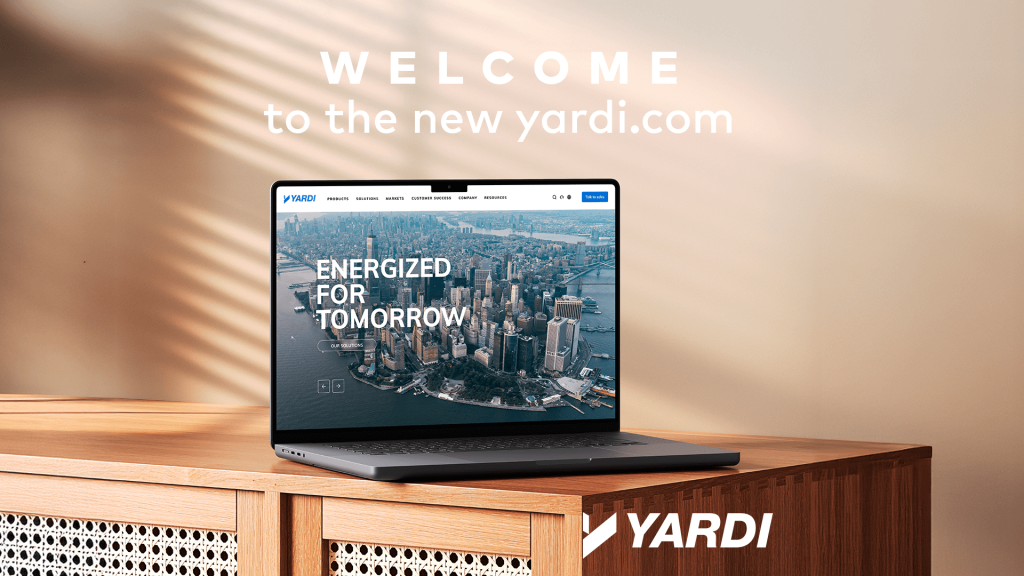By Joel Nelson on November 19, 2021 in Global
Canadian commercial real estate tenants and investors are becoming increasingly sophisticated in tracking their assets. Their inquiries are expanding beyond payments and quarterly reports. The overarching theme for the next six to 12 months will be environmental, social and governance (ESG) practices supported by reliable data. To remain competitive, property owners, operators and landlords must take these priorities into account.

Upgrades drive ROI
An emphasis on healthy workspaces will be a principal legacy of the pandemic, prompting owners and occupiers alike to prioritize such things as HVAC upgrades and touchless restrooms. Many owners are seeking WELL Building Standard™ and Fitwell® certifications, which bolsters facilities’ current status while preparing for potential future virus-related health emergencies.
Significant ROI is possible by attaining one of these building certifications, with studies showing that effective rents are between 4.4% and 7.7% higher per square foot for properties that hold them. Such certifications also help satisfy health and well-being concerns among asset and fund-level stakeholders, apply to international assets and contribute to GRESB scores.
Tech enables workplace flexibility, energy intelligence
With almost half of working Canadians wanting a flexible work schedule and guaranteed safe return to the work environment, corporate tenants and property owners will be seeking platforms for office hoteling to aid with occupancy management. These mobile solutions help organizations streamline communication, enforce capacity limits and allows staff to reserve their desks in advance, in real time. This increased transparency can enhance the employee experience and boost workplace confidence.
Similar technology on the marketplace includes ESG-related tools with energy intelligence and automation capabilities that gives operators and maintenance teams real-time access to building performance metrics. These features help staff reduce operating costs, promote efficiency and improve occupant comfort from anywhere. By monitoring HVAC investments and sending automated notifications directing staff to address potential equipment failures, such systems can produce average HVAC energy savings of 5-10%.
The investor’s stake
These new capabilities are as important to investors as they are to landlords and tenants, according to a CBRE report on investor strategies. They’re weighing amenities connected to health, safety and shift flexibility more heavily in their investment decisions. ESG also carries more weight in investment decisions, with investors recognizing its impact on energy costs, insurance premiums and other operational elements. That will prompt more investments in capital needs to make buildings more resilient.
Investors also increasingly expect on-demand access to key metrics, capital transactions, documents and reports. Similar to energy management platforms, investment managers can leverage a single connected suite of solutions to gain a comprehensive view of investment performance and improve collaboration among property operators and investors.
Learn how Yardi solutions for flexible workspaces, energy management and investment management meet and centralize the needs of property owners, tenants and investors of today and tomorrow.


